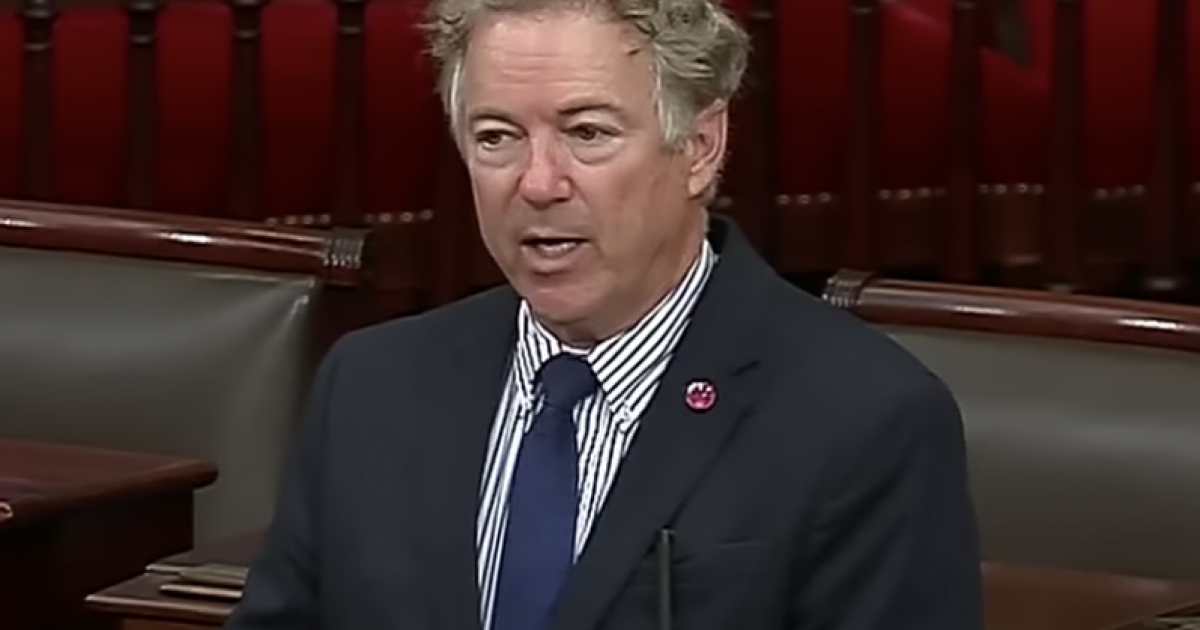
Last week, Kentucky Senator Rand Paul delayed the passage of a $40 billion aid bill to Ukraine by introducing an amendment that would have a special inspector general to oversee the aid.
Initially, this bill required unanimous consent in the Senate for it to be passed.
Kelley Beaucar Vlahos noted that Paul said on a podcast appearance that his primary obligation is “to the national security of the United States of America,” not to Ukraine. The Kentucky Senator employed hard-nosed realism and cited the government’s current deficit and rising inflation as bigger threats to the country than Russia.
“We can’t save Ukraine by dooming the U.S. economy,” Paul declared. “Americans are feeling the pain and Congress seems content on adding to that pain by shuffling money out the door as fast as they can.”
Paul called attention to the fact that the US government has doled out roughly $60 billion in aid to Ukraine since 2014. The Kentucky Senator observed, “Ukraine would become the largest annual recipient of U.S. military aid in the past two decades” when looking at these numbers from a big picture perspective.
Paul stressed that the US can no longer play the role of world police: “It’s not all about us, it isn’t that we always have to be the Uncle Sam, the policeman who saves the world, particularly when it’s on borrowed money. America can’t afford to be world’s policeman.”
The Kentucky Senator is one of the few voices of reason in Congress on issues of foreign policy. His heroic efforts have given restrainers, realists, and non-interventionists a sense of hope.
Recently, 11 Republican Senators stood up against this Ukraine aid bill, which shows that Paul’s efforts are slowly beginning to convince Republicans about the folly of blindly supporting interventionist measures. The fight to bring foreign policy sanity to the US will be a drawn-out affair, but we cannot afford to give up. There must be constant pressure and information dissemination to ensure that the Republican Party realigns and assumes its role as the pro-restraint party.



